Hello!
Last week I decided to take a couple of days away from reading the news (and the disaster site that I still refer to as twitter).
I was only offline for two days.
What could I possibly miss?
Well, I missed the please-let-this-be-a-satire-oh-no-this-is-real corporate video from Internet Brands, the parent company of websites including WebMD (aka, the site that has convinced us that we’re all practically doctors).
The leaked video included CEO Bob Briggs and other executives not “negotiating or asking” but “informing” their employees that they needed to return to the office.
But before the cringe of the video really kicked in, I was puzzled by the song they chose to accompany it — Iko Iko.
Iko Iko is a song I associate with Tom Cruise.1
When I hear it, I immediately picture Tom dangling from steep rock formations in Utah, or needing to count cards in Vegas with Dustin Hoffman to pay off his debts.
But that aside, if you haven’t seen the video, I highly recommend a watch, as it’s something you really have to see to believe.
And like a Marvel film, just when I thought this corporate video was over…there was more.
After the CEO finished his message, a handful of people (who I presume are employees) were shown dancing to Iko Iko while the text “Joc-a-mo-fee-no-ah-nah-nay” appeared on the bottom of the screen.
Under that it read, “we mean business” or “don’t mess with us.”
Huh?
It was a moment reminiscent of the “funny notes” Tobias Funke sent to casting agents on Arrested Development.2
Now I have A LOT of thoughts about the video (communication is what I do) but after I watched it, I kept thinking about Iko Iko.
I wondered what “Jockamo fee na-né” had to do with returning to the office?
And what was the song Iko Iko about?
I was curious…
I thought this would be a fairly easy puzzle to solve, but the mystery of Iko Iko is much more complicated.
After hours of researching, I discovered that there are many theories about the lyrics and the meaning of the song.
Some linguists and music scholars believe the song has elements of French Creole.
Others say it includes West African dialects or Native American languages.
Or maybe all of the above!
But while the meaning of specific words and phrases is debated, what is agreed is that Iko Iko is associated with the New Orleans Mardi Gras, and the ceremonial song and dance “battles” that have long been part of Carnival celebrations.
These battles inspired a young musician named James “Sugar Boy” Crawford, who was born in 1934 and grew up in New Orleans.
The chants Sugar Boy heard from Mardi Gras Indians inspired him to write a song called Jock-A-Mo that was released by Sugar Boy and his Cane Cutters in 1953.
But what was the song about?
“It came from two Indian chants that I put music to,” Crawford said in a 2002 interview.
“‘Iko Iko’ was like a victory chant that the Indians would shout.
“‘Chock-A-Mo’ was a chant that was called when the Indians went into battle.
“I just put them together and made a song out of them.”
The English lyrics in Jock-A-Mo suggest a playful taunting.
The “Spy Boy” and “Flag Boy” are ceremonial positions in Mardi Gras krewes, and the Spy Boy suggesting “I’m gonna set your flag on fire” is a challenge to another Mardi Gras krewe.
The “Queen dressed in red” likely refers to the Queen of the krewe, and the song’s Mardi Gras connection is noted in Crawford’s final verse, when he sings, “I’m having my fun on the Mardi Gras Day.”
But what’s the meaning of jockomo fe na nae?
Well, it depends who you ask!
And to further complicate matters, Crawford’s song title “Jock-A-Mo” was a misunderstanding.
If you listen closely, you can hear that he is actually singing Chock-A-Mo, but the president of his record label misheard him, and released the song as Jock-A-Mo.
Some music scholars have suggested “Jacouman” is the name of a person (sometimes identified as a court jester), or that Joc-a-mo-fee-nah-nay means “kiss my ass” or “don’t mess with us.”
One reference I found said it literally translates to “the fool we will not play today” while others suggested a connection to slavery and emancipation.
When asked for the meaning, Crawford laughed and said, “I really don’t know.”
“I was just trying to write a catchy song.”
While Crawford’s song might have been catchy, it was not an instant hit.
Crawford said the song “did pretty good around Mardi Gras” in 1954, but that people soon forgot about it.
“Nobody paid attention to the song though for over 10 years,” he said.
But then in 1965, a song called Iko Iko was released.
It was sung by sisters Barbara and Rosa Lee Hawkins and their cousin Joan Johnson, better known as The Dixie Cups.3
It may have had a different name (and a different musical arrangement), but the similarities between The Dixie Cups’ Iko Iko and Crawford’s Jock-A-Mo are obvious.
Like Crawford, The Dixie Cups had grown up in New Orleans, and said Iko Iko was something they heard their grandmother sing.
The trio sang it during an impromptu jam session, unaware they were being recorded.
“We were just clowning around with it during a session using drumsticks on ashtrays,” Barbara Hawkins said.
“We didn't realize that [record producers] Jerry [Leiber] and Mike [Stoller] had the tapes running.”
A cleaned up version of the Dixie Cups’ jam session was released as Iko Iko in 1965 – and it was a hit, reaching Number 20 on the US Billboard chart.
Sugar Boy Crawford was not credited as a songwriter, and did not receive royalties at the time.
And his own musical career had taken a tragic turn after he was beaten by police in 1963.
En route to a show in Monroe, Louisiana, Crawford was stopped by police and badly pistol-whipped.
“The sheriff in Columbia called ahead, and they had a roadblock set up for me,” Crawford recalled.
“It was the time of the Freedom Riders, and the police jumped on me and cracked my skull.”
Crawford was beaten so badly that he was left in a coma.
He lost much of his memory, and it took two years for him to recover.
“I had to learn how to walk, talk, play the piano, everything,” he said.
He briefly attempted a comeback, but gave up having a professional music career.
“I never felt like I had recuperated to the point where I was before I was injured, so I looked for other things to do with my life,” he said.
So Sugar Boy Crawford became a building engineer and ran a locksmith business – and confined his singing “to church.”
It would take many years and court battles before Crawford would earn royalties from Iko Iko.
In 1984, he began earning royalties whenever Jock-A-Mo or one of its derivatives played in films or commercials.
And, fortunately for Sugar Boy Crawford, his song would be covered and sampled for decades.
In 1982, Iko Iko was a hit in the UK for Scottish singer Natasha, and in 1989 the Belle Stars’ version of Iko Iko (heard in Rain Man!)4 reached Number 14 in the US.
The Belle Stars’ version also found fame internationally, and in 2001, another version of Iko Iko (by Captain Jack) was a hit in Europe.
Over the years, many other artists have played and recorded versions of Iko Iko, from the Grateful Dead5 (who began playing it at their concerts in the 1970s) to Cyndi Lauper and New Orleans singer and pianist Dr. John.
Sugar Boy Crawford was inducted into the Louisiana Music Hall of Fame in New Orleans in 2010.
Though he rarely performed outside of church after 1963, his grandson, musician Davell Crawford convinced Sugar Boy to perform with him occasionally, including at the New Orleans Jazz & Heritage Festival and the Ponderosa Stomp.
The two also made a guest appearance in an episode in the television show Treme in 2012.
Sugar Boy Crawford passed away later that year, at age 77, but his musical influence lives on.
Iko Iko continues to be part of Mardi Gras celebrations, and Crawford’s song was introduced to a new audience in 2021, when Papau New Guinean singer Justin Wellington’s version of Iko Iko gained popularity as a TikTok dance challenge.
So while scholars may not agree on the meaning behind Iko Iko, I believe we can agree that it’s not a song for your corporate “get back to the office” video.
Sugar Boy Crawford created a song for the ages.
And I fully expect to hear the next iteration in another Tom Cruise film some day…
*This is one of my Tom Cruise/Iko Iko associations
One more thing…
Have I played Iko Iko 876 times this week?
Quite possibly! Maybe more.
One of the joys of writing Curious Minds is that my curiosity can take me places I never expected. I had never heard of Sugar Boy Crawford before researching this piece, and did not know there were so many versions of Iko Iko to enjoy — or how different they were!
If you want to hear a few, I highly recommend listening to Sugar Boy’s original song Jock-A-Mo from 1953, as well as the versions from The Dixie Cups and The Belle Stars (in case you didn’t own the Rain Man soundtrack).
And then check out these videos for even more:
Davell Crawford performing his grandfather’s song Jock-A-Mo in 2011
Dr. John Iko Iko from 1995
Grateful Dead Iko Iko from 1989
And then you’ll be ready to master the TikTok dance to Justin Wellington’s version:
Thank you for going down the Iko Iko musical journey with me!
How Can I Help?
I’ll keep saying it: Communication matters.
And it looks like someone got a Word-A-Day calendar from Santa!
This sign from York, UK is actually signalling a training exercise, but it sure had their residents confused if it was an instruction — or a warning.
Poor communication costs you — money, relationships and your reputation.
And if you want to improve your communication (and get all the good things that come with that), I’m your gal.
So many companies could reap significant benefits – from performance and culture to retention and engagement – by improving their communication.
So, if you know someone who could benefit from some help (as even the most seasoned leaders do), please get in touch and check out my website for more information.
You can also see my Top 10 list of what I can (and can’t) do for you here.
And if you see any communication examples (the good, the bad, and the ugly) that you think are worth analyzing or sharing, please send them my way!
Until next time, Stay Curious!
-Beth
If you are a fan of Tom Cruise films, you know why
Where are my Arrested fans?
You might also know their hit “Chapel of Love”
Yes, it was Rain Man where I first heard Iko Iko. It was also on the soundtrack for a 1989 film called The Big Easy. I loved movie soundtracks (even when I wasn’t old enough to see the movies they were from).
I am not a Deadhead, but I understand Iko Iko was a big part of Grateful Dead concerts. Any Deadheads reading this that can confirm?







![James "Sugar Boy" Crawford - Jock-A-Mo (1954) [Stereo Mix] - YouTube James "Sugar Boy" Crawford - Jock-A-Mo (1954) [Stereo Mix] - YouTube](https://substackcdn.com/image/fetch/$s_!VSvP!,w_1456,c_limit,f_auto,q_auto:good,fl_progressive:steep/https%3A%2F%2Fsubstack-post-media.s3.amazonaws.com%2Fpublic%2Fimages%2F032b148b-2dd9-4566-840b-92a5c796dae2_640x480.jpeg)
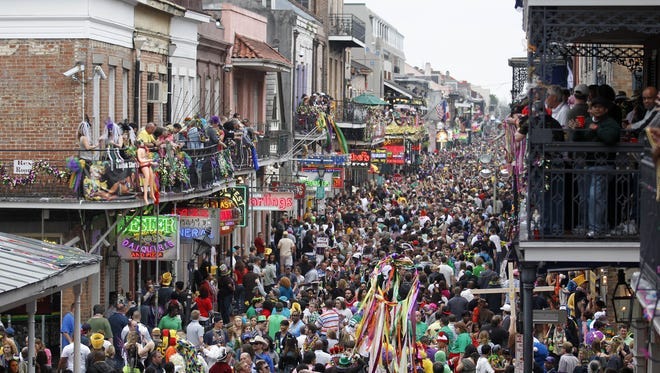
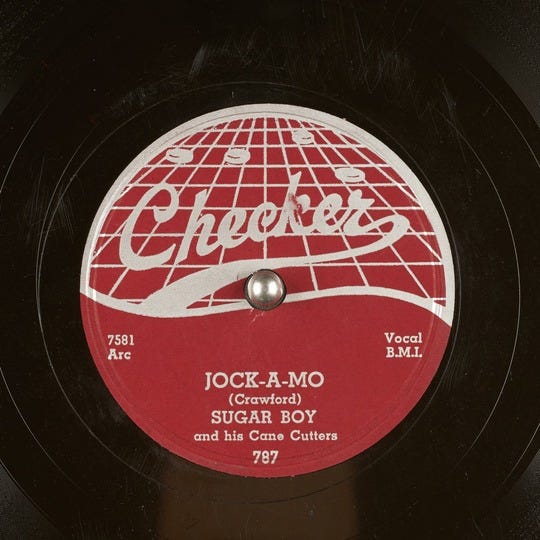

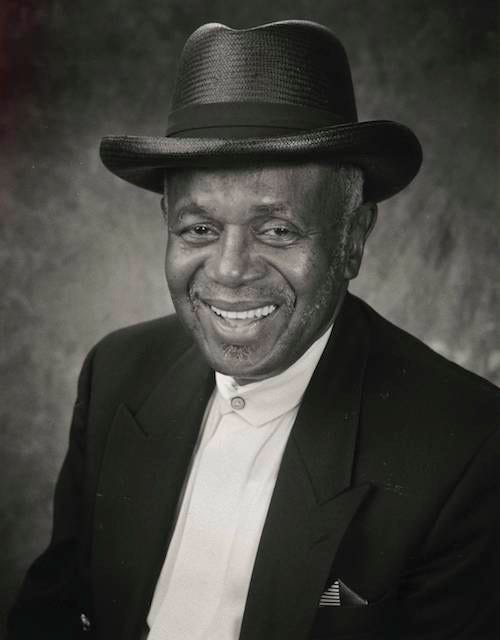
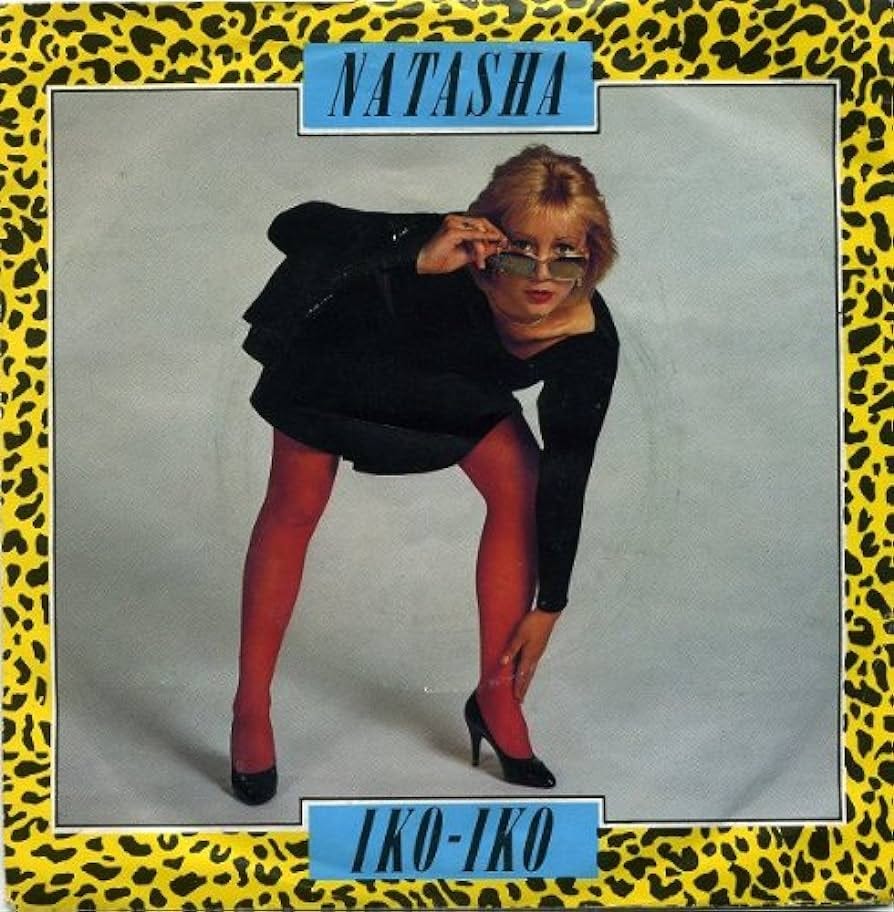
![Grateful Dead 'All The Years Live' Video Series: "Iko Iko" At Shoreline 1989 [Watch] Grateful Dead 'All The Years Live' Video Series: "Iko Iko" At Shoreline 1989 [Watch]](https://substackcdn.com/image/fetch/$s_!t_Jj!,w_1456,c_limit,f_auto,q_auto:good,fl_progressive:steep/https%3A%2F%2Fsubstack-post-media.s3.amazonaws.com%2Fpublic%2Fimages%2F9620beeb-9d17-4a92-b351-625b4169102c_740x390.png)
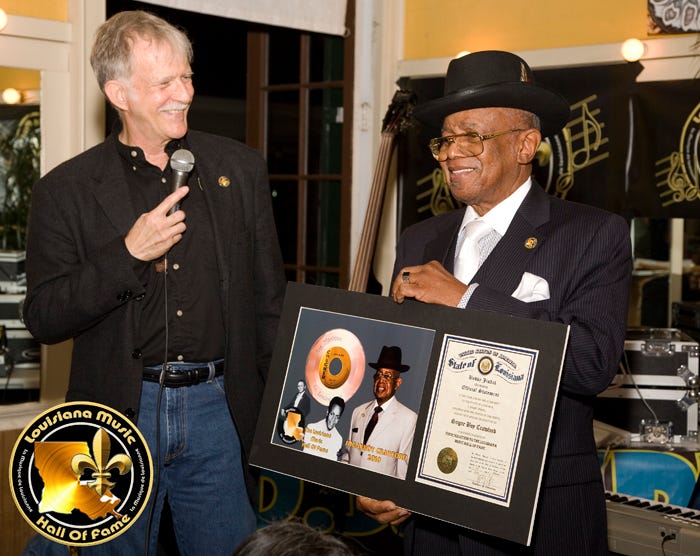
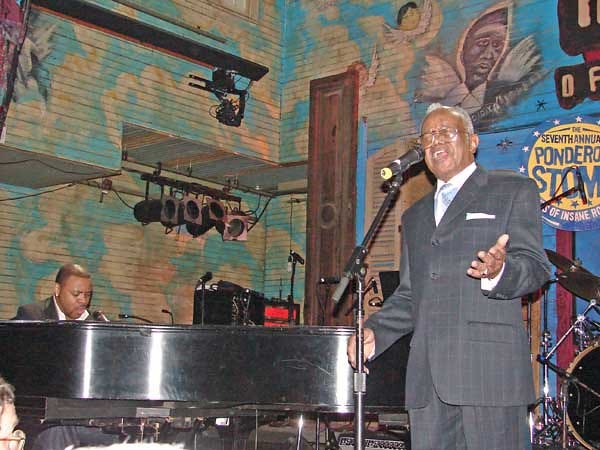

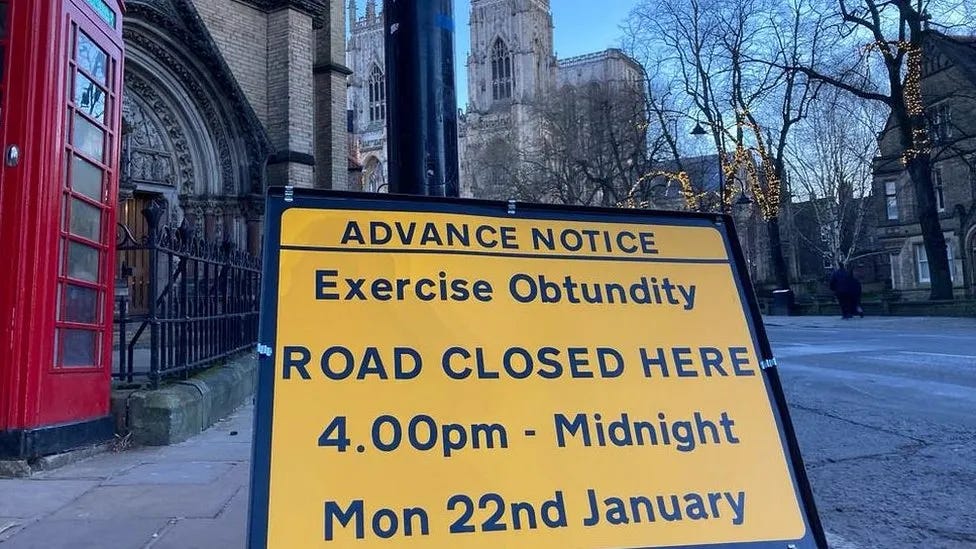

That video is HORRIBLE. I should send them a copy of my dissertation, it outlines many reasons why hybrid working (or straight up remote working) is useful for so many people and workplaces.
I've never seen that Tom Cruise movie. I've always associated it with the Grateful Dead since they covered it so many times. It's one of my favorite songs that they covered.